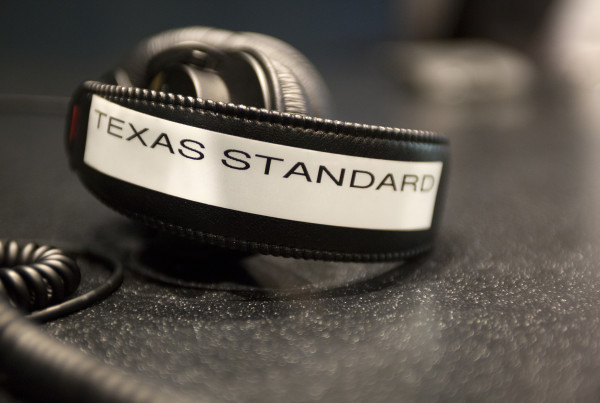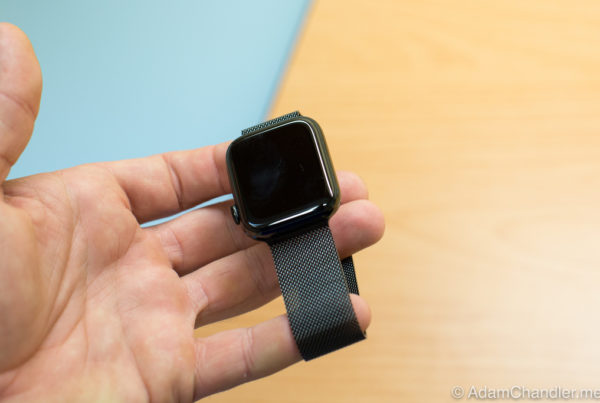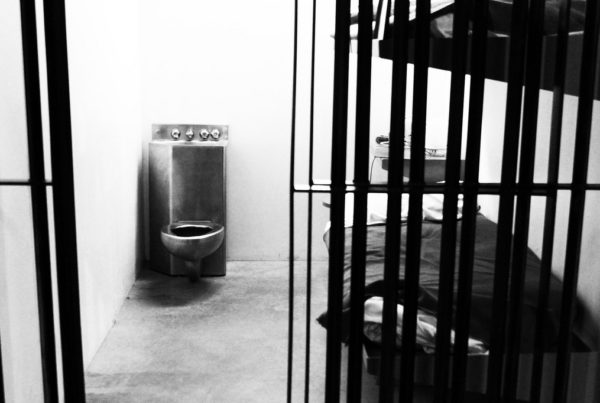After a wave of fatal police shootings that sparked protests over the last few years, politicians and others seized on the idea of police body cameras as a way to restore trust in policing. Texas was the first state in the nation to pass statewide standards for police body cameras; its 2015 law makes clear when cameras have to be on, and there are several privacy provisions, too. But it doesn’t order police departments to actually use those body cameras. And while many cities have them, including in Texas, some may not keep them around for long.
In her recent story for The Washington Post, Kimberly Kindy reported that several police departments are doing away with body cameras because of cost. Kindy says it’s not the cameras themselves that are expensive but the data storage and administrative costs – those costs include processing and sharing the video data with journalists and lawyers who request it.
“If you’re gonna suddenly have a tech arm, where they manage the video, you have to not only have, maybe, a completely different computer system, but also people who know how to do that,” Kindy says. “If … you want to hire a company to manage your data storage, then that is expensive.”
The video recordings can be used as evidence in a trial, so it has to be stored in a way that adequately protects the digital information. Kindy says many departments started using body cameras in 2014 and 2015, before states started making laws about how to use them and store the information.
“They jumped on [it] right away, and they decided, ‘We’re gonna have this immediately, we’re going to be very proactive,'” Kindy says.
But she says when the laws came along, some of these departments weren’t able to afford the cost of complying.
“The costs started to go up, and some of those smaller departments that jumped on really early are deciding they need to jump off now because it’s becoming much more expensive,” Kindy says.
She says the problem isn’t isolated to any particular region in the U.S.; it’s more a problem of smaller departments versus larger ones – ones that can afford the program.
The departments that waited to start body camera programs have taken a slower, more deliberative approach, launching longer pilot programs to test the cameras. That may have paid off.
“They’re looking at a number of variables before they jump in,” Kindy says. “And then maybe they have an independent university analyze the results.”
Regardless of how long it takes for the body camera programs to get going at these larger departments, she says many of them recognize they serve an important purpose.
And Kindy says it’s not just police departments that are struggling with how to manage the cost and influx of data from the cameras. She says prosecutors offices are having to adapt too.
“They’re like, ‘Whoa, we can’t even keep up with all this video,'” Kindy says. “They’re having to find money so they can expand their staff. … It’s millions of dollars in some of these jurisdictions.”
Written by Caroline Covington.















